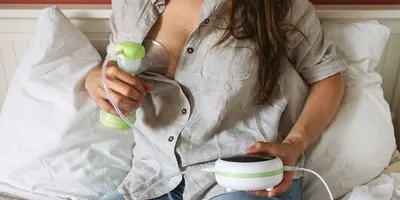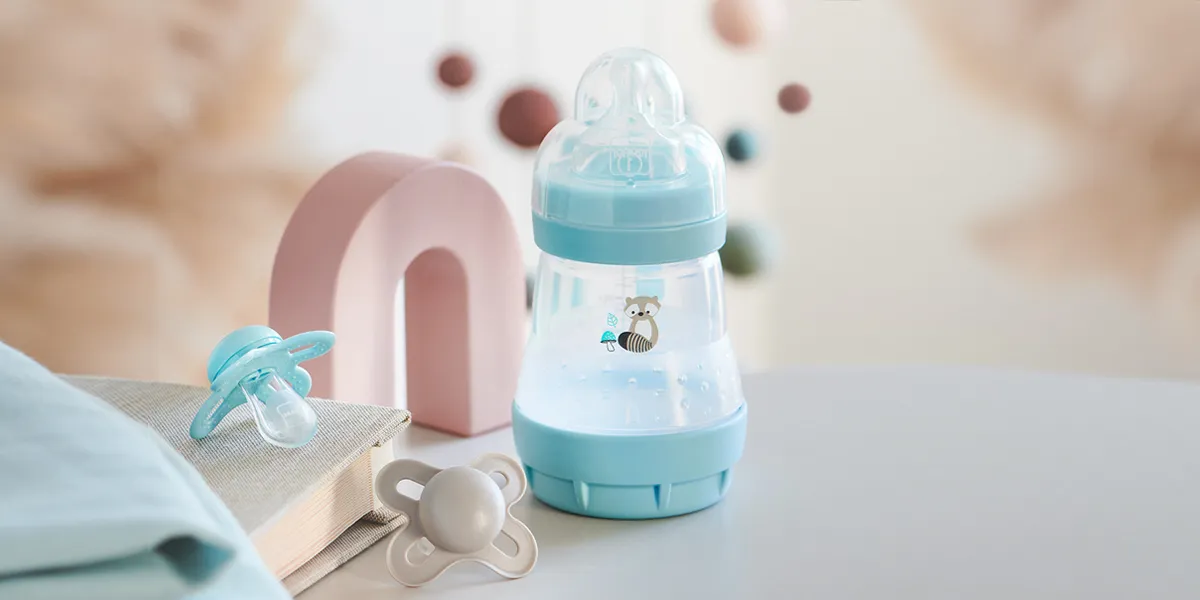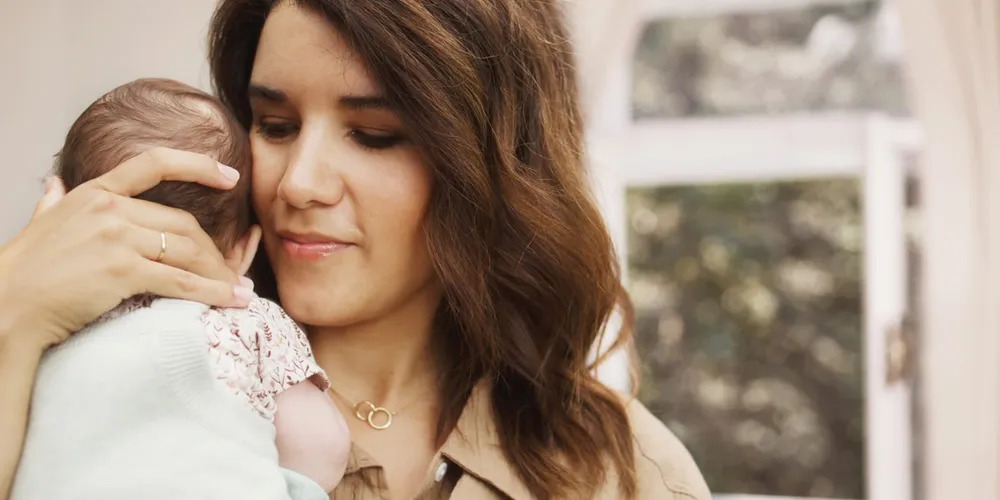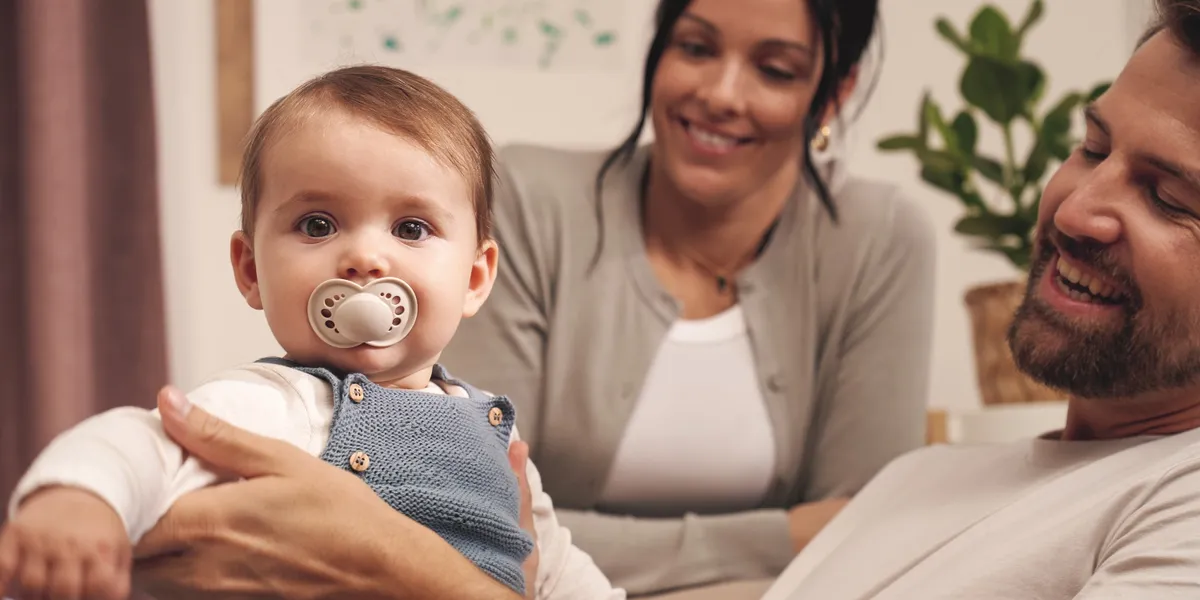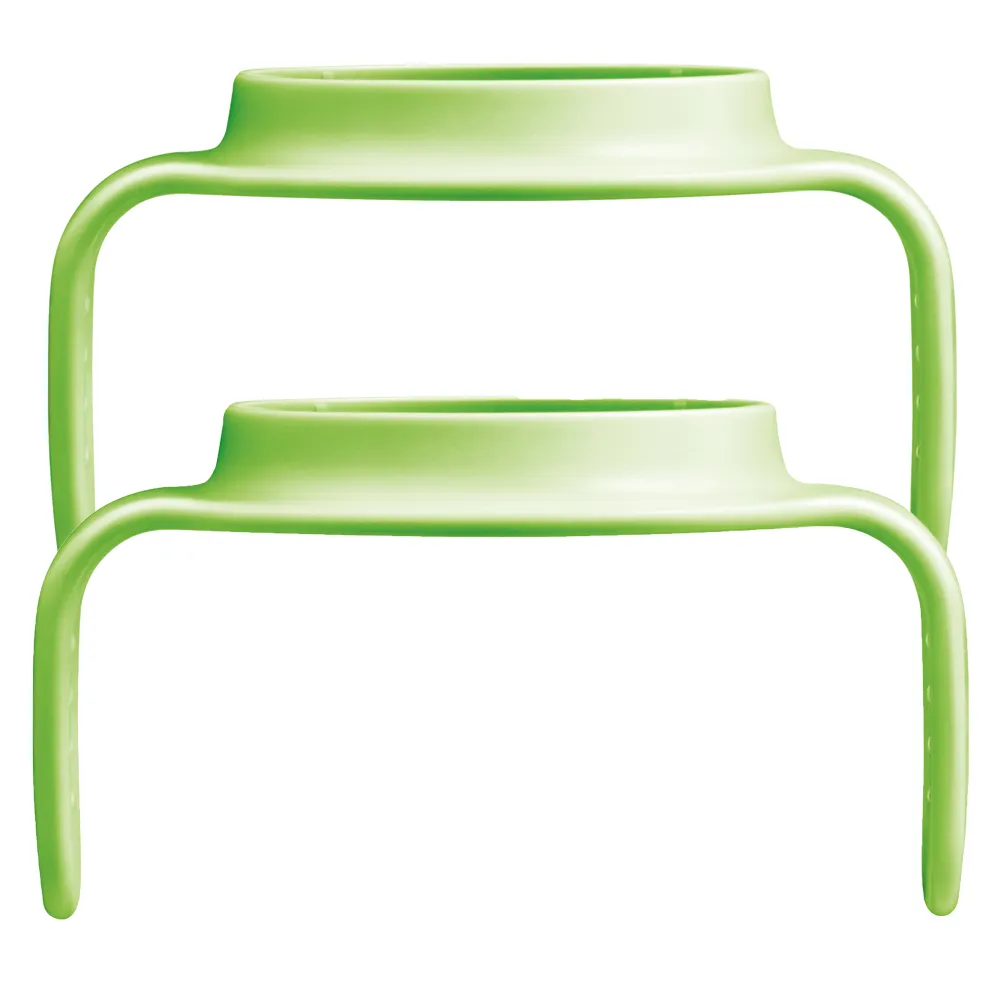Hold my Cup handles - for Drinking Cups
- Easy to hold and grasp for little hands
- Easy to put on
- Can be adjusted without having to be removed
- Stay in place while drinking
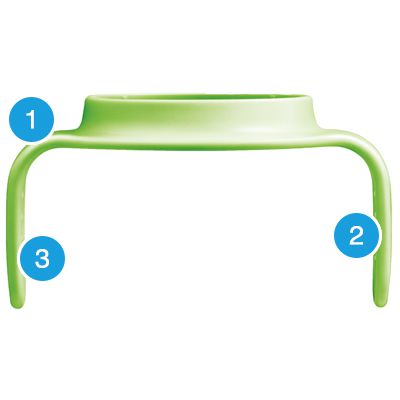
1. ERGONOMIC SHAPE
Easy to hold and grasp for little hands.
2. MAM DESIGN
Easy to put on. Stay in place while drinking. Can be adjusted without having to be removed.
3. STRUCTURED INNER SIDE
Non-slip where it makes sense. Provides a good grip.
Fit MAM Cups.
| Accessories: | Cup Accessories |
|---|---|
| Age: | 6+ months |
| Color: | Barbie, Ice Blue, Pistacchio |
| Product: | Bottle/ Cup Accessories, Handles |
| Sets, Multi- & Combipacks: | Double Pack |
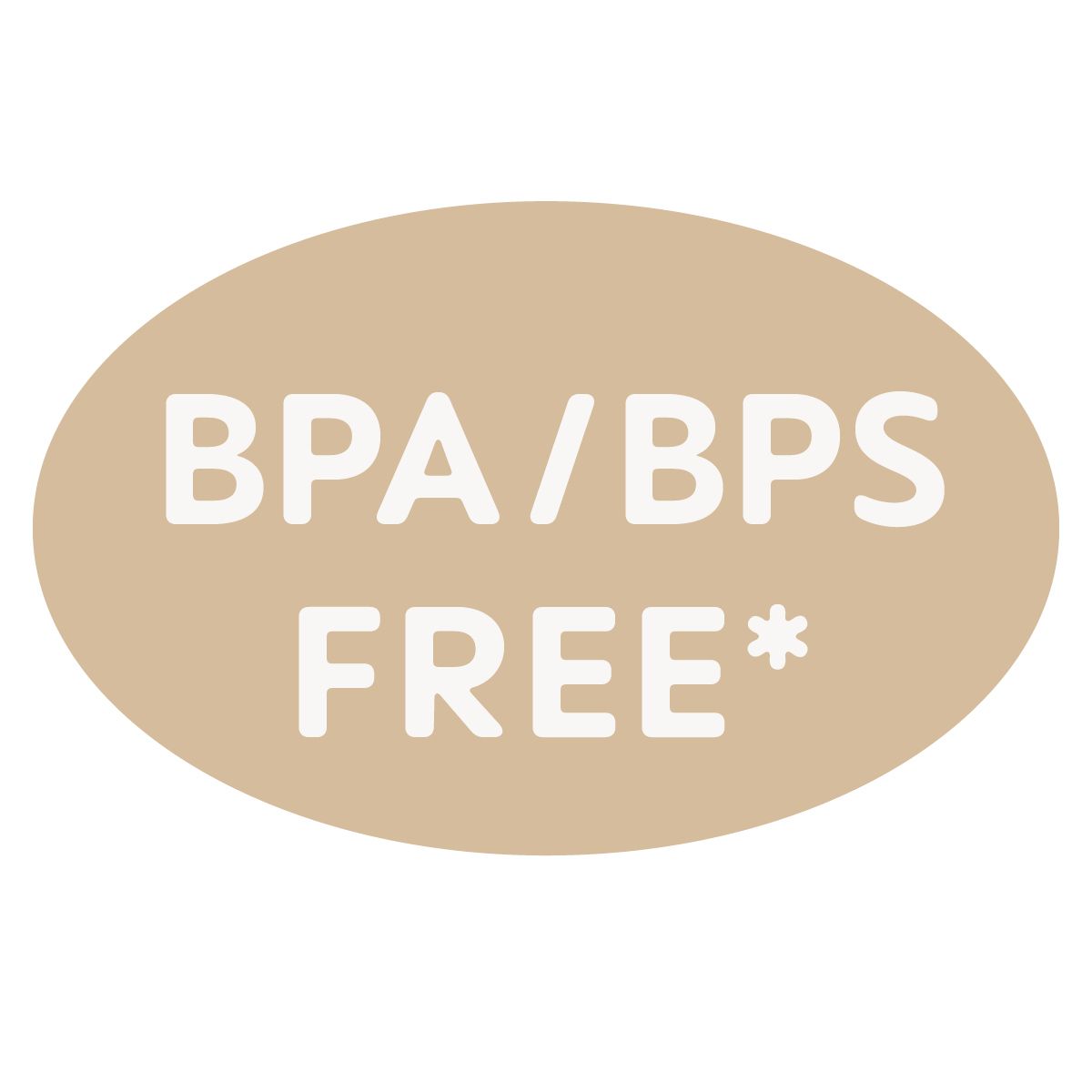
All MAM products are made from materials free of BPA and BPS

For babies from 4 months

DEVELOPED WITH MEDICAL EXPERTS:
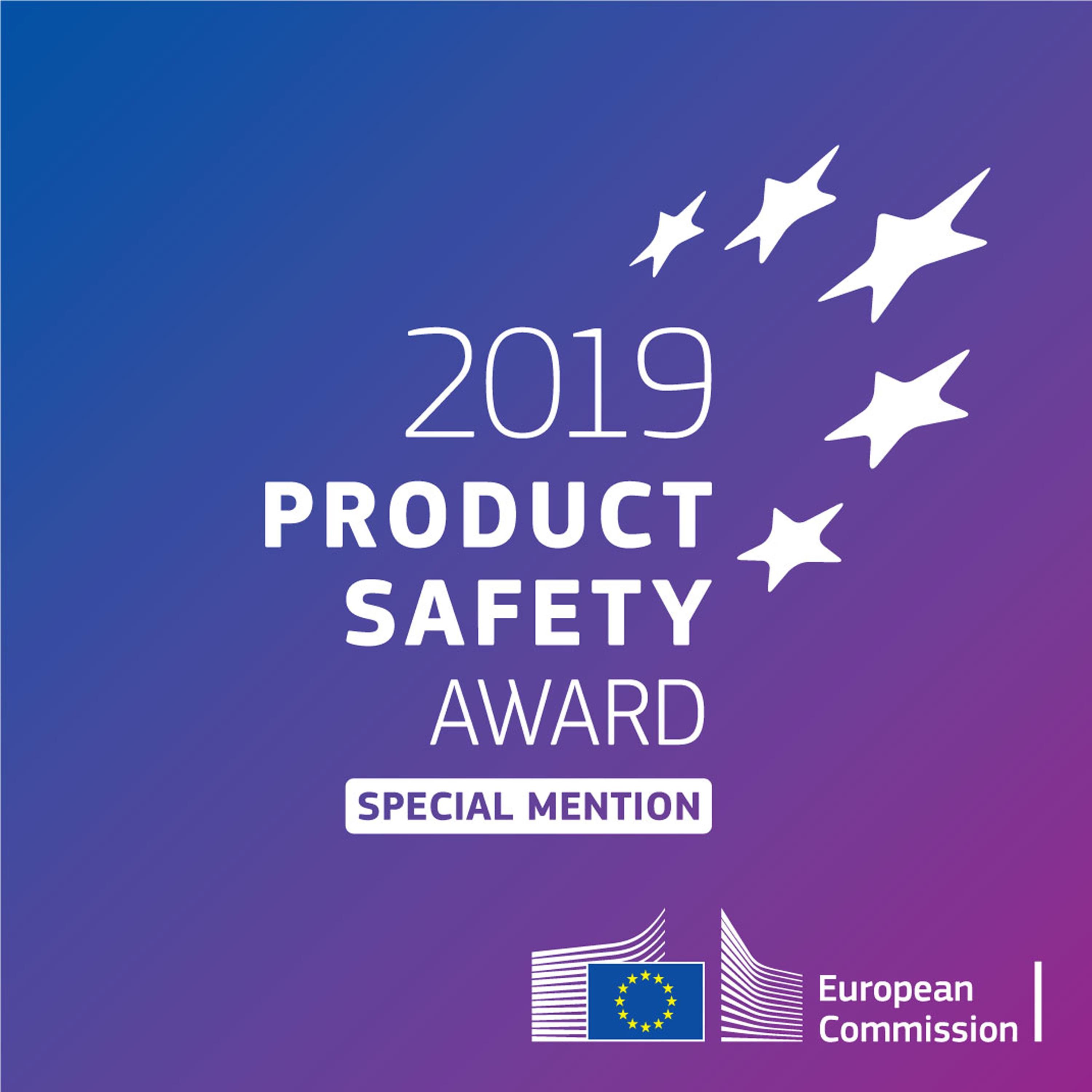
HONORED WITH THE EU PRODUCT SAFETY AWARD 2019
Four-month-old babies love drinking from a cup. The MAM Cup range provides them with the ideal support here. This will ensure that baby makes the perfect transition from breastfeeding or bottle feeding to independent drinking.
Bisphenol A (BPA) is an important component for the manufacturing of polycarbonate (PC), whereas Bisphenol S (BPS) is an organic chemical used to make polysulfone. Among other items, food packaging, plastic utensils and baby bottles are just a few examples of products made with PC, whereas the main usage of BPS is in thermal papers and inks. The problem: Trace amounts of chemical substances gradually leach out of the plastic into the food and might eventually get into the body. This can affect small children and infants in particular.
As a result of exposure to BPA, experts and studies have seen disruptions to the hormone system and brain, diabetes and heart damage as well as an increased risk of cancer. Although scientific evidence is not yet conclusive, the European Commission - based on the precautionary principle - has banned the usage of BPA in baby bottles in order to protect the health and safety of babies and small children.















